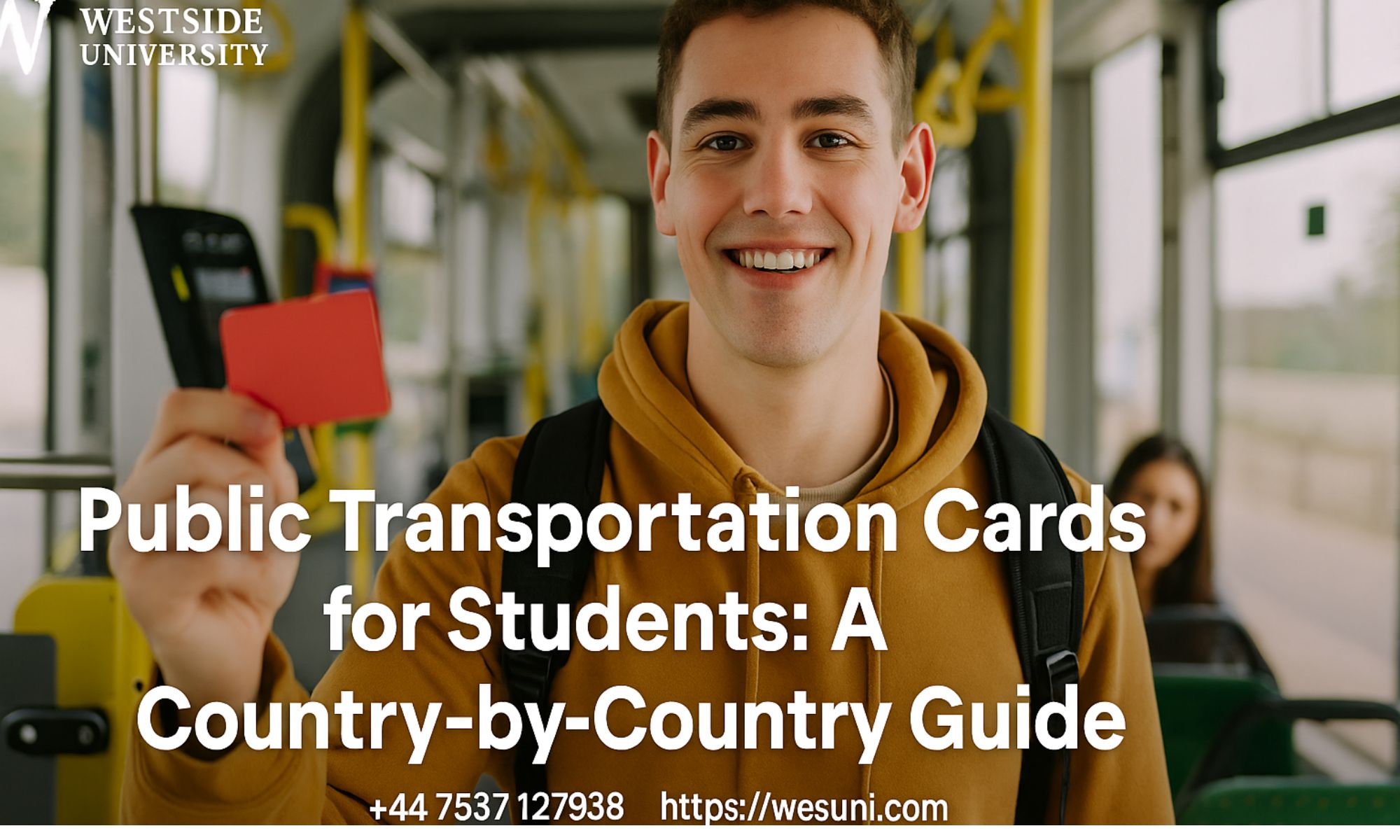Studying abroad is a life-changing adventure. While you’ll spend most of your time exploring new cultures, making friends, and succeeding academically, safety is one area you should never overlook. Emergencies—medical, legal, or personal—can happen when you least expect them. Being prepared with the right emergency numbers and services will give you peace of mind and ensure you know what to do if something goes wrong.
This guide highlights the most important emergency contacts and services that every international student should know before heading abroad.
🌍 Why Emergency Preparedness Matters
When you’re in a new country, even small problems can feel overwhelming. Imagine needing an ambulance but not knowing what number to dial, or being locked out of your apartment late at night without a local contact. Knowing emergency services helps you:
- Respond quickly during crises
- Avoid panic and confusion
- Protect yourself and your belongings
- Stay compliant with local laws and university regulations
Preparedness doesn’t mean living in fear—it means having the confidence to handle challenges effectively.
🚑 Universal and Country-Specific Emergency Numbers
Europe (EU countries)
- 112: The universal emergency number for police, fire, and ambulance across the European Union.
United States
- 911: Connects to police, fire, and medical emergencies.
United Kingdom
- 999: Primary emergency number for ambulance, fire, and police.
- 112: Also works (EU-wide emergency number).
Canada
- 911: Police, fire, ambulance.
Australia & New Zealand
- 000: Australia’s emergency number.
- 111: New Zealand’s emergency number.
Japan
- 110: Police.
- 119: Fire and ambulance.
South Korea
- 112: Police.
- 119: Fire and ambulance.
Other Notable Numbers
- India: 112 (unified emergency helpline).
- China: 110 (police), 120 (ambulance), 119 (fire).
👉 Tip: Always save your country’s local emergency number in your phone contacts before arrival.
🏥 Medical and Health Services
Healthcare systems differ from country to country. Here’s what you should know:
- Campus Health Centers: Many universities provide free or low-cost clinics for students.
- Emergency Rooms (ER): Available 24/7, but may involve long wait times.
- Urgent Care Clinics: A cheaper, faster option for non-life-threatening issues.
- Insurance Hotlines: Most international student insurance plans include a 24-hour emergency line.
👉 Always carry your student ID and health insurance card in your wallet.
👮 Police and Security Services
As a student, you may encounter theft, scams, or lost property. Know how to:
- Report a crime to the local police.
- Contact campus security for on-campus incidents.
- Register with your embassy or consulate for support in serious cases.
👉 Many countries have dedicated tourist or foreigner police units—use them when in doubt.
🔥 Fire and Safety
Fire safety rules may differ abroad.
- Always know the fire exit routes in your accommodation.
- Keep landlord/emergency contacts saved.
- Call the local fire department number immediately (112 in EU, 119 in Asia).
📞 University and Embassy Contacts
Apart from national services, these numbers are just as important:
- University Emergency Line: Most schools have a hotline for student crises.
- Embassy or Consulate: They can help in cases of lost passports, legal trouble, or large-scale emergencies.
- Housing Office/Resident Advisor: For accommodation-related issues.
👉 Save embassy contact details in both your phone and a physical wallet card.
🌐 Non-Emergency and Support Services
Not every problem requires dialing emergency numbers. Here are some useful contacts:
- Non-Emergency Police Lines: For minor thefts or incidents.
- Mental Health Hotlines: Countries often have free 24/7 lines for emotional support.
- Taxi/Ride-Sharing Services: Reliable transport if you’re stranded.
- Local Helplines: Many countries have numbers for sexual assault, domestic violence, or student support.
🧠 Mental Health and Emotional Support
Studying abroad can be stressful, and mental health is just as important as physical safety.
- Most universities offer free counseling services.
- National hotlines (e.g., UK’s Samaritans at 116 123, US National Suicide Prevention Lifeline at 988).
- Peer support groups and student associations.
👉 Don’t hesitate to reach out—mental health support is confidential and stigma-free.
📋 Emergency Preparedness Checklist
Before you travel:
- Save all emergency numbers in your phone.
- Write key numbers on a physical card in case your phone dies.
- Share your address and local contacts with family back home.
- Register with your embassy’s citizen service if available.
- Learn basic local language phrases (e.g., “Help,” “I need a doctor”).
🌟 Final Thoughts
Emergencies are unpredictable, but preparation ensures you’re never caught completely off guard. From dialing 112 in Europe to knowing your campus emergency line, being proactive will give you the security and confidence you need to thrive abroad.
Your study abroad journey is about adventure, growth, and discovery—safety should always come first.
🚀 Call to Action
At Westside University, we don’t just help you with admissions, scholarships, and visas—we also prepare you to live safely and confidently abroad.
👉 Apply today: https://wesuni.com/apply
📞 Call us: +44 7537 127938
🌐 Visit: https://wesuni.com


